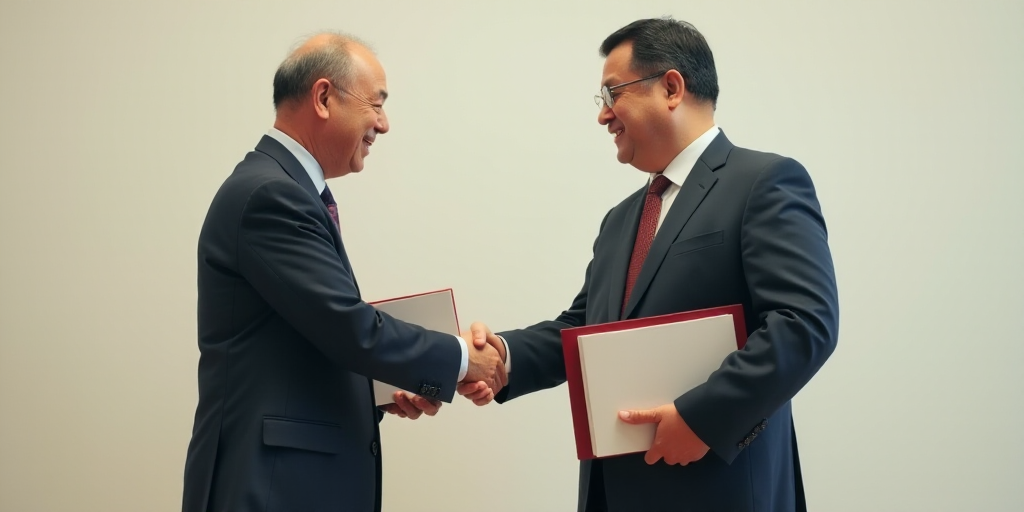Background on Brazil and China’s Relationship
Brazil, the largest economy in Latin America, has been increasing its focus on strengthening ties with China, its primary trading partner. This move comes as global tensions rise due to tariffs imposed by U.S. President Donald Trump.
Growing Bilateral Trade Complexity
The Brazilian Ministry of Finance announced the establishment of a tax advisory office in China, highlighting the strategic importance of this decision as both nations deepen their relationship. The move is driven by the growing complexity of bilateral trade and the need for enhanced cooperation in tax and customs matters.
Trade Tensions with the United States
As trade tensions escalate between the U.S. and Brazil, new 50% tariffs on Brazilian imports have been linked by President Trump to the persecution of former President Jair Bolsonaro, limiting Brazil’s options for negotiating a trade agreement.
Deepening Relations with China
While Brazil’s trade proposals to the U.S. have gone unanswered, its relationship with China has grown stronger. Since assuming office in 2023, President Luiz Inácio Lula da Silva has met with Chinese President Xi Jinping three times. Both countries have also agreed to explore transportation integration, including a proposed bioceánic rail corridor connecting Brazil to Chancay port in Peru, funded by China.
No Political Motivation Behind the Office
When asked why Brazil is setting up a tax advisory office in China now, its primary trade partner since 2009, the Ministry of Finance denied any political motivation. The initiative reflects the significance of bilateral trade and the necessity for deeper cooperation in tax and customs matters.
Brazil’s Existing International Tax and Customs Offices
Currently, Brazil has four tax and customs offices abroad: in Washington and Buenos Aires (both established in 2000) and Asunción and Montevideo (established in 2002).
Key Questions and Answers
- Why is Brazil establishing a tax advisory office in China now? The Ministry of Finance stated that there is no political motivation behind this decision, emphasizing the importance of bilateral trade and the need for deeper cooperation in tax and customs matters.
- What are Brazil’s existing international tax and customs offices? Brazil currently has four tax and customs offices abroad: in Washington, Buenos Aires, Asunción, and Montevideo.
- How do Brazil’s trade relations with the U.S. and China compare? While Brazil’s trade proposals to the U.S. have been unanswered, its relationship with China has deepened significantly. Brazil and China have explored transportation integration, and President Lula da Silva has met with Chinese President Xi Jinping multiple times since 2023.






